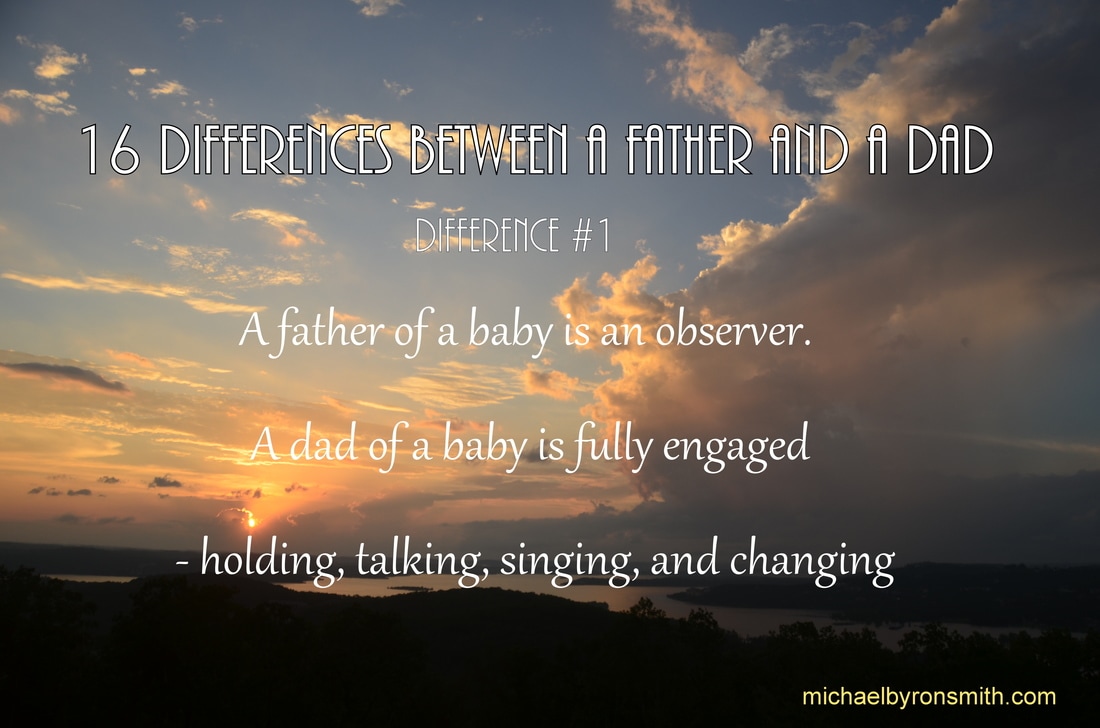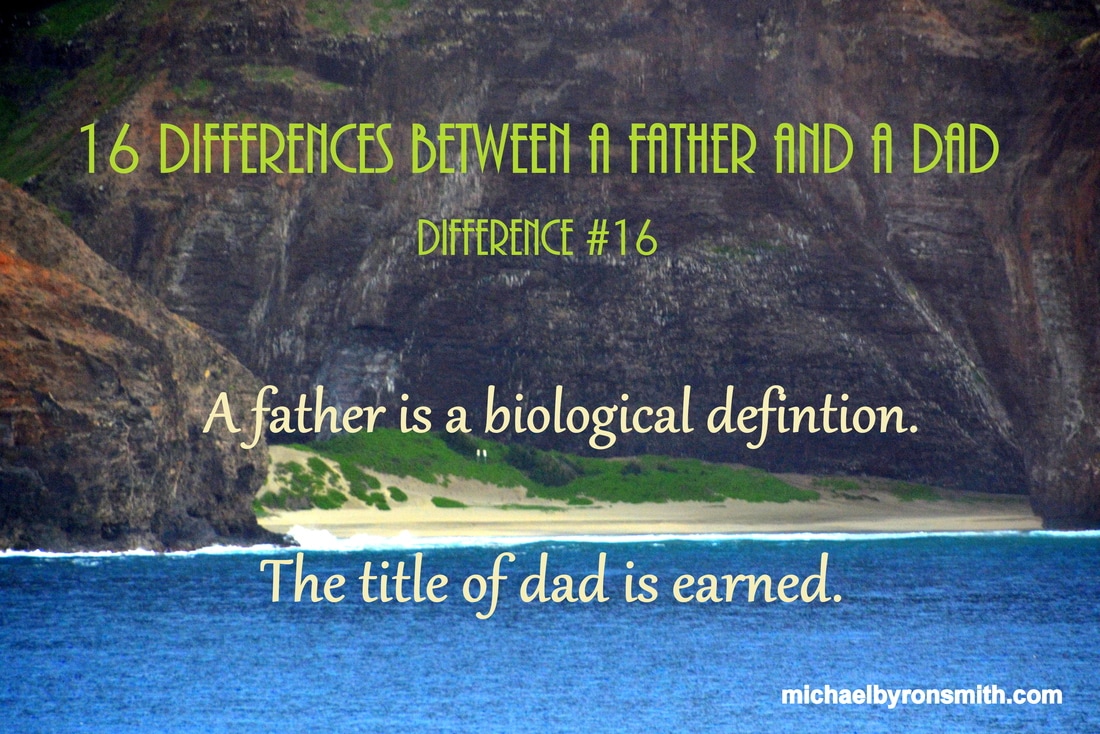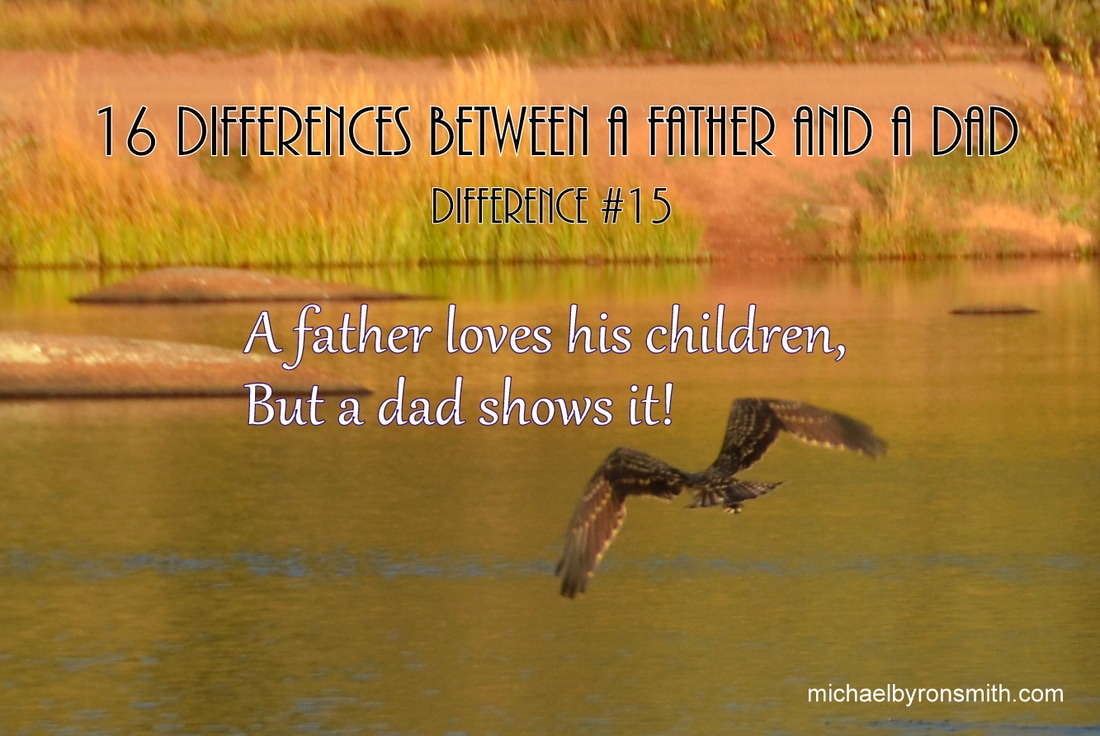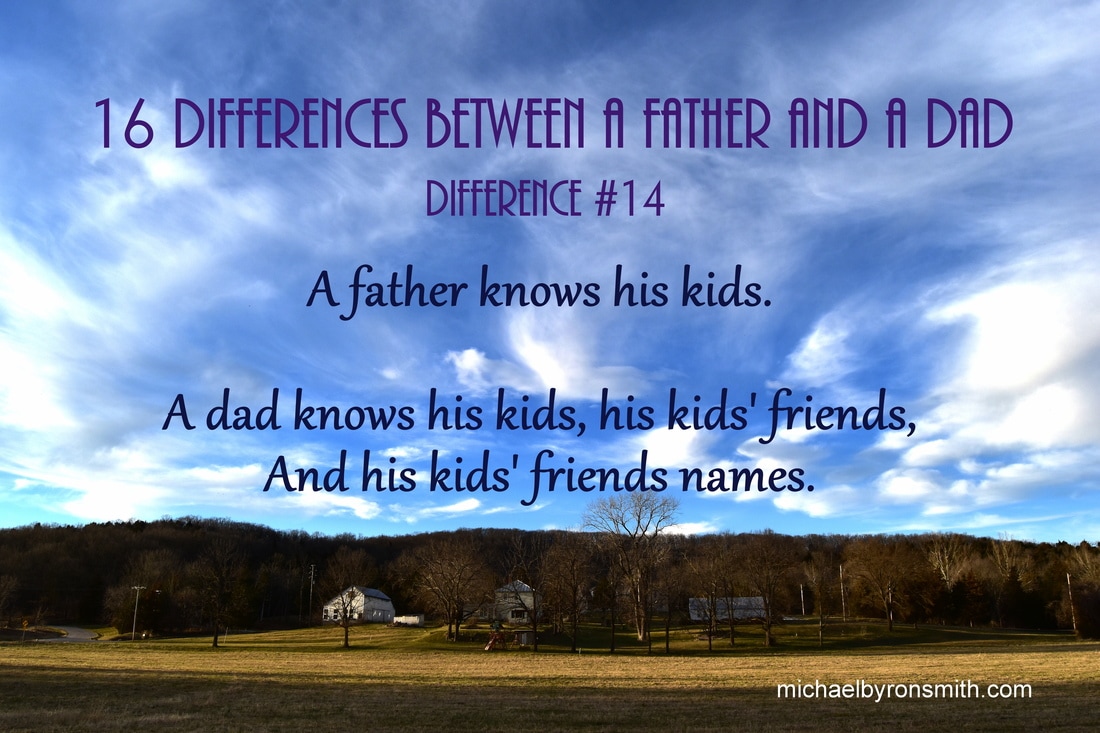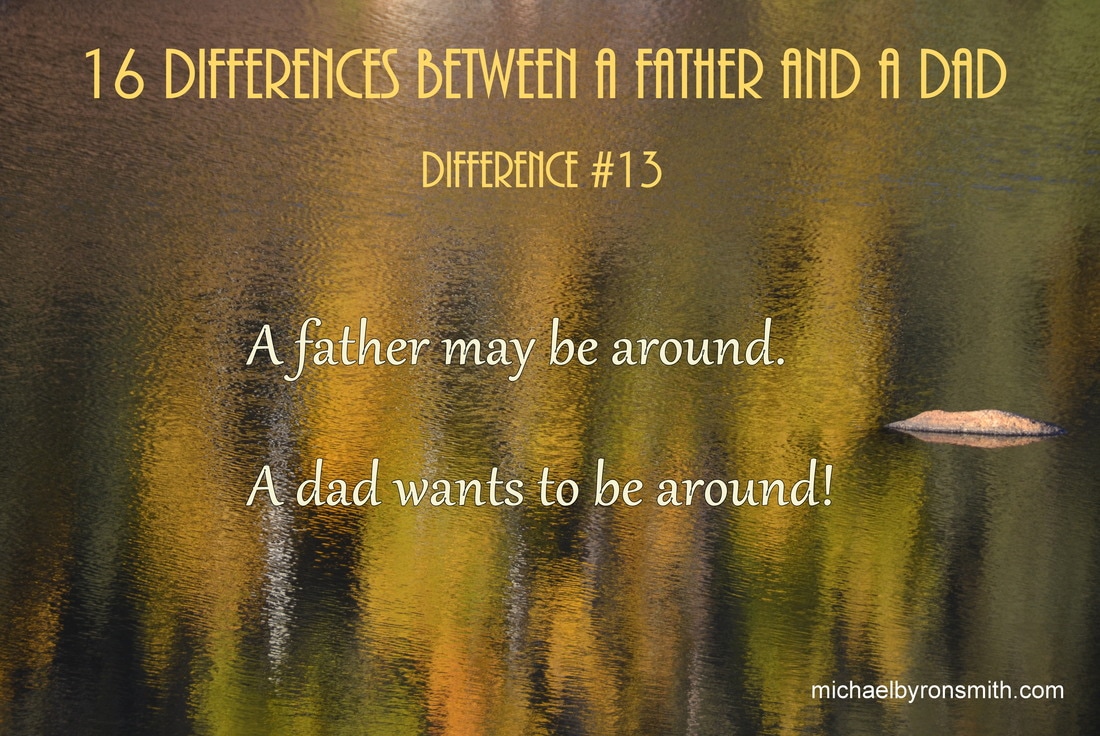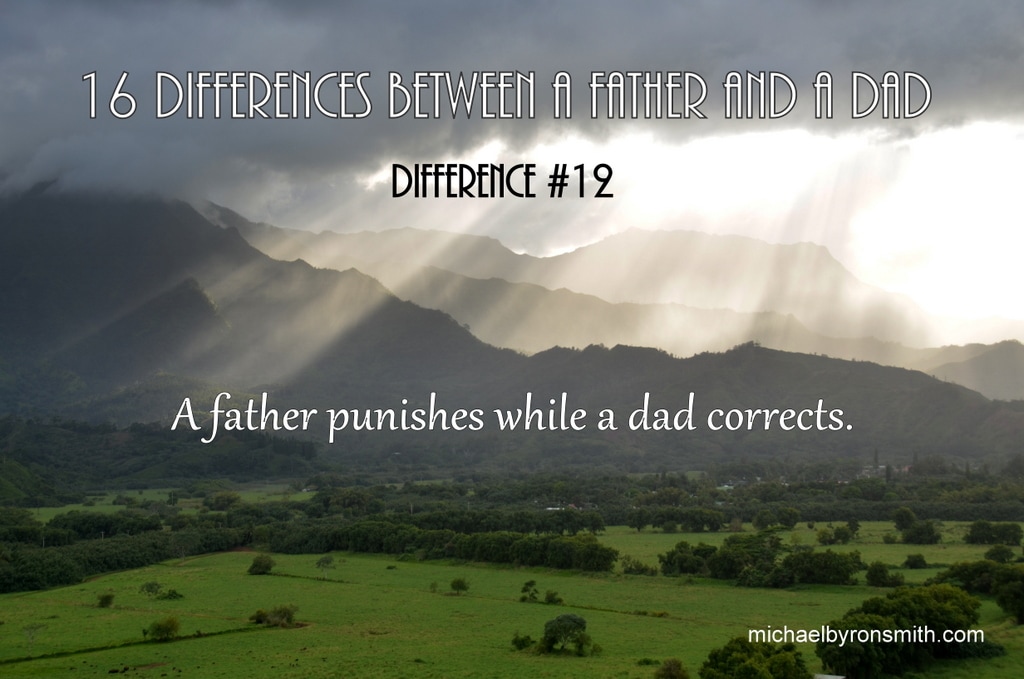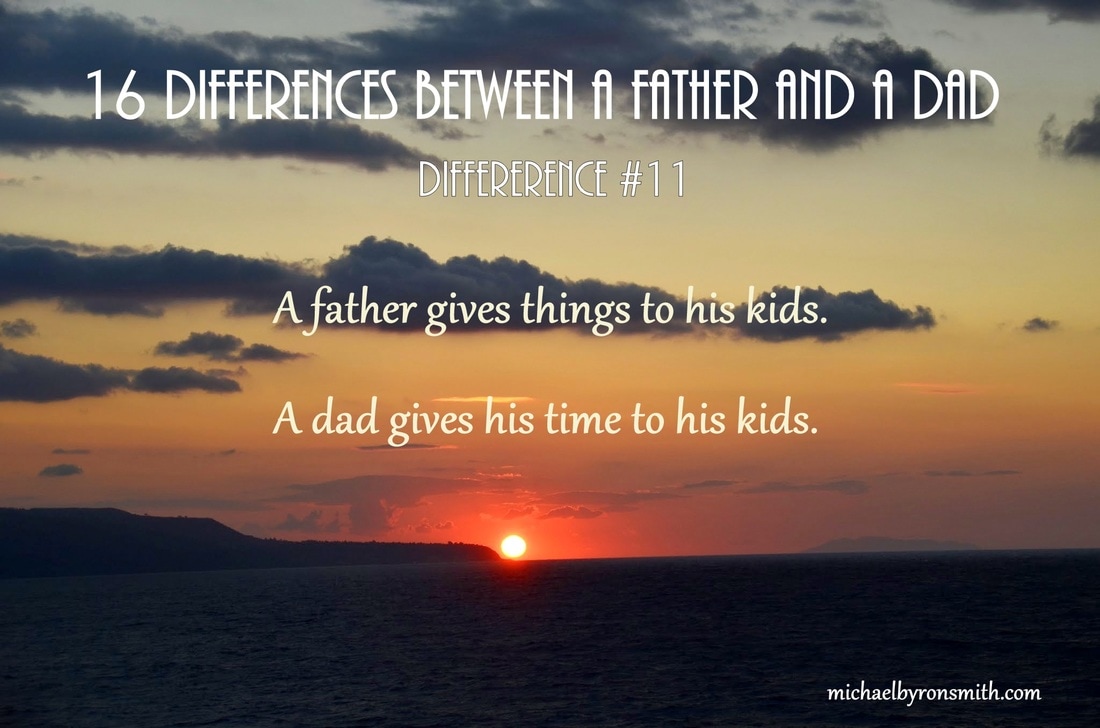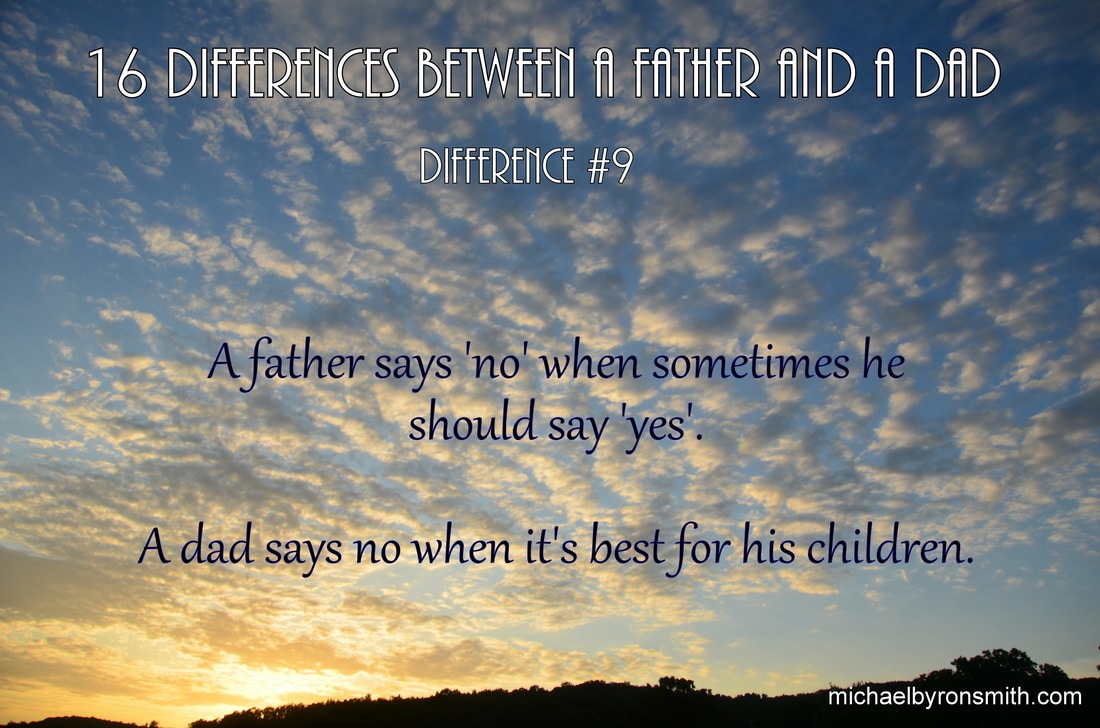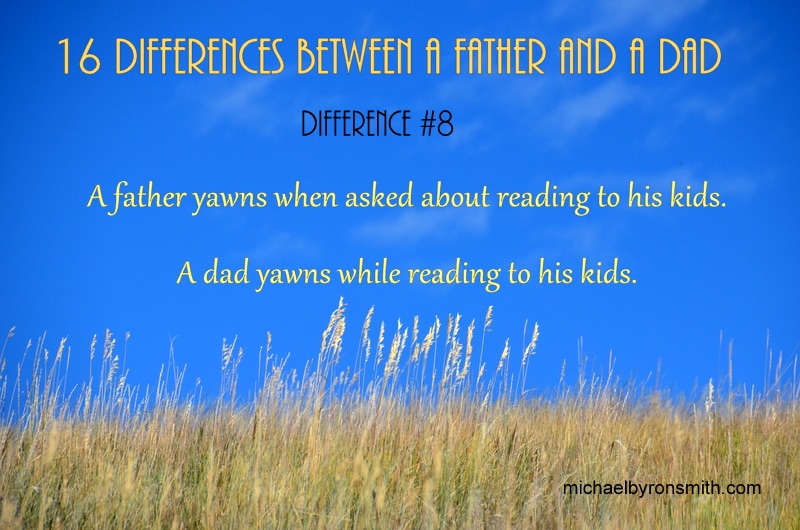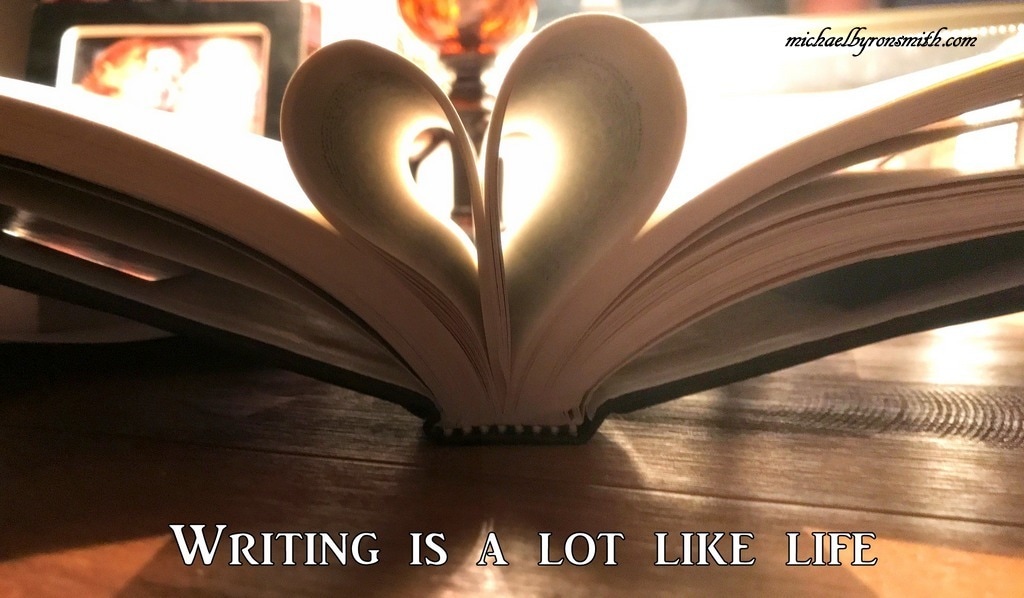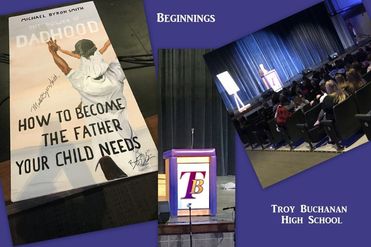“Okay, I did my part to have a kid. Now you take care of it until it can walk, talk, and ‘go potty’ on its own. Then, maybe, I’ll get involved.”
- Do think this has never been said by a father to a mother? I’m sure it has been.
- Do you think it has been thought by a father? I believe it has - many, many times.
- Do you think it has happened a few times? Yes! Unfortunately, much more than a few times!
Few men are Neanderthals! But the men who are guilty of any of the above may be the few that are.
No two fathers are alike. But most have a deep love of their children and are involved in their upbringing. But alarmingly, 34 million children live without their fathers. Sadly, some fathers have passed away and some divorced fathers have to fight to see their kids. Most men, however, are not around because they are not responsible fathers.
Children need to be held, talked to, and loved in person by their father, not just their mother. Below are some excerpts from my book, “The Power of Dadhood: How to Become the Father Your Child Needs”.
From Chapter 1: The Power of Fatherhood
“Men as Fathers
“I cannot think of any need in childhood as strong as the need for a father’s protection.”
—Sigmund Freud
There are too many men who procreate but never earn the title of “Dad.” The word father to them is a label, not a commitment. They don’t want the responsibility of a child, and they blame others for their predicament.
There are other men who meet their parental responsibilities by providing food, clothing, shelter, and discipline. They do this robotically without much emotion or interplay.
There are others still who provide the basics while also creating a warm, loving atmosphere. Likely, most fathers fall into this category. However, at the top of the pyramid are those men who not only provide for their children within a loving atmosphere, but also nurture, praise, and teach their children—throughout their lives. These men are heroes to their children and are among the most stalwart pillars of our society. Their contributions are often hidden. We do not conceive of what may have happened without them, and they are rarely celebrated. But statistically, we can and will see what loving, nurturing fathers have done and will continue to do for both children and our society.
What It Takes To Be a Real Dad
A Dad does not need to be handsome, strong, athletic, macho, rich, eloquent, college educated, or even married to the child’s mother, as is often the situation. Although many men want to be these things, such characteristics don’t make a man a Man or a father a Dad.
A Dad does need to be loving, available, caring, interested, and involved, as well as a nurturing teacher, disciplinarian, coach, cheerleader, and so much more.
Many men would like to be handsome, rich, eloquent, and more, as would I, but these traits should never come as a substitute for qualities that make them real Dads. We’ve all known men who were shams, showing a jovial and interested face to the world but a sullen, unengaged, and even surly face to his family. The sham father is just a house of cards, big on appearances but otherwise sorely lacking. The real Dad has a solid foundation as a leader and mentor—with a greater likelihood of entering that zone of being a wonderful Dad.
I say this to my fellow men: you don’t create children to fulfill your own vision, but you do create opportunities for them to discover themselves so they can become happy and at ease with themselves.
Being a father is not a competition. It constitutes selfless, loving acts toward other human beings—human beings that you and their mother have brought into this world.”
From Chapter 8, “Be There”:
“The key to being an effective father is being involved with your children, thereby showing that you care. But “being there” is much more than just showing up. “Being there” is built on practicality and emotion.
By practicality, I mean being involved in your child’s physical safety, discipline, physical needs (such as helping with bathing and dressing when they are little), homework, car pools, and so on. By emotion, I mean listening, holding, sharing, teaching, caring, giving encouragement—all the things we need and deserve to lead full, healthy lives.
Being there goes beyond physical location. It means being intuitive— anticipating problems before they occur—and having the empathy and sympathy to understand what your children can’t explain. Being there also means having the wisdom to see the connection between seemingly unrelated events and discovering new ways of defining or solving problems.
Lastly, being there means knowing when to establish new rules when new situations arise; for example, when a newborn comes home or when school begins. This sounds like a lot to ask, but the rewards make it all worthwhile, and it will happen naturally if you are just aware. Don’t make it more difficult than it is; make it easy by being aware.”
Dads, believe and embrace your importance in the lives of your children!

